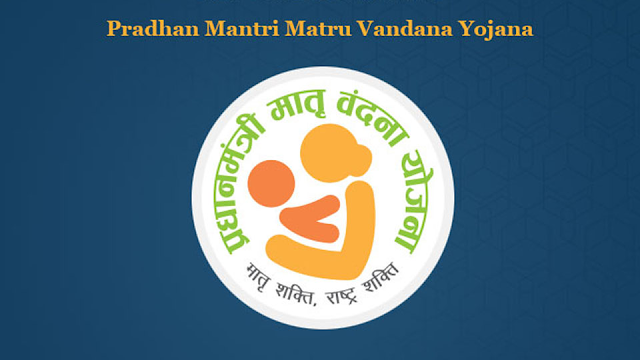Action research study led by Jean Dreze in June 2019 indicates that only 8 percent of the beneficiary gets all the installments of central government’s maternity scheme
Ranchi: Jaya, a resident of Raidih, Gumla had applied in 2017 for Pradhan Mantri Matru Vandan Yojna (PMMVY). She had provided all the documents to the respective Anganwadi centre, but she did not receive a single installment.
Rani and Sweta of Shikaripara, Dumka faced a similar fate. They complaints registered at the Anganwadi also went in vain.
And same happened with Ganga of Peterwar, Bokaro, who had applied for PMMVY two years back but did not receive any installment.
The four women are among the 202 women from 42 gram panchayats, who had interacted with a team of social activists headed by renowned Development Economist Jean Dreze. The meeting took place in six blocks of Jharkhand’s five districts to know how well the PMMVY had been implemented in Jharkhand.
Under PMMVY, Rs 5000 is given to a pregnant woman, if she gets registered to an angawadi centre and delivers a child in any government hospital. The First installment is of Rs 1000 while second and third are of Rs 2000 each.
Jean Dreze told eNewsroom, “Pregnancy is a time of hardship and uncertainty for rural women, when their special needs for food, rest and health care get little attention. Maternity benefit is a legal right under the National Food Security Act. It can be of great help to them and their children. Alas, the PMMVY’s restricted coverage, reduced entitlements and bloated formalities have undermined this essential right.”
But a survey done by non-government organization (NGO) volunteers found that 76 per cent women, who had applied for PMMVY benefits, since it got implemented, did not receive any installment.
Only 24 per cent of the total women applicants of PMMVY received any installment. And only 8 per cent received all the three installments.
The survey’s report was presented today at Ranchi during a press conference.
The study also found that the National Food Security Act 2013 (NFSA) directs the central government to provide all pregnant women a maternity benefit of Rs 6000, unless they qualify for maternity benefits as formal-sector employees. After negating this responsibility for four years, the central government launched the PMMVY in 2017. The PMMVY provides for maternity benefits of Rs.5000 in three installments, but only for the first child.
And women have to fulfill conditions such as early registration of pregnancy, an ante-natal check-up, and immunisation of the child. They also have to fill a long application form at the local Anganwadi for each installment.
The entire PMMVY system runs on the shoulders of Anganwadi workers, but in Jharkhand, the workers have not been paid for many months, thereby directly affecting the scheme.
The team also submitted a letter to Amitabh Kaushal, Principal Secretary, Social Welfare, Women and Child Development and demanded that the PMMVY scheme to be universalized as it will only cost Rs 400 crore for the Jharkhand government, 0.5 percent of the state’s budget. It also demanded for transparent in its process for both information and payments. Also the need for the payment to be timely was also expressed. And also the scheme should also be well-publicized or advertised to let know the people about the scheme as most of the rural women are not even aware about it.
After the PC was over, economist Jean Dreze told eNewsroom, “Pregnancy is a time of hardship and uncertainty for rural women, when their special needs for food, rest and health care get little attention. Maternity benefit is a legal right under the National Food Security Act. It can be of great help to them and their children. Alas, the PMMVY’s restricted coverage, reduced entitlements and bloated formalities have undermined this essential right.”
Note: Names of the women have been changed.
First published in https://enewsroom.in/
